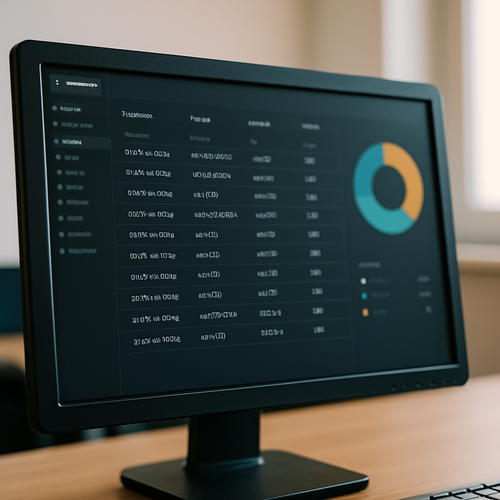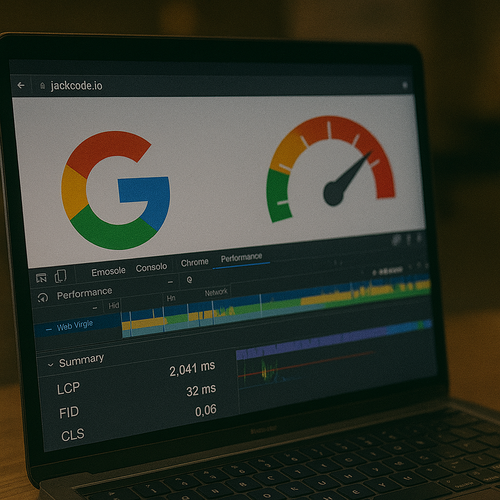
- which clients use the API most actively, which routes are overloaded, which versions of the API cause errors or slowdowns.
What can be tracked
| Parameter | Description |
|---|---|
| API key | Who exactly makes calls, where the load comes from |
| User ID | Individual activity of each user or integrator |
| Endpoint | Specific API routes, their popularity and stability |
| API version | Which versions are used, where compatibility is maintained, or where errors occur |
What tracking gives
Identify bottlenecks and congestion points- Detect malicious activity or DDoS
- Third-Party Service API Usage Audit
- Optimization prioritization for real loads
- Diagnosing unstable integrations
How it is implemented
Middleware logging layer at the gateway or backend level- Structured log storage broken down by token, user, endpoint
- Integration with APM and log analytics systems (Grafana, Kibana, Datadog)
- Configuring Alerts for Abnormal Key or User Behavior
- Support for aggregation and export to CSV/JSON/Prometheus
Business applications
SLA calculation and detailing for each partner- Transparent API usage reporting
- Fast debugging of problematic integrations
- Reduce incident and bug time
Where especially critical
API for payment and financial services- Gaming platforms with active users
- Mobile Applications and Client/Server Systems
- API Partner Access Platforms (B2B)
Accurate tracking is the basis for stable API operation. We implement solutions that allow you to see who is using your API at any time, how and why, and respond in time to changes in customer or system behavior.
Contact Us
Fill out the form below and we’ll get back to you soon.









